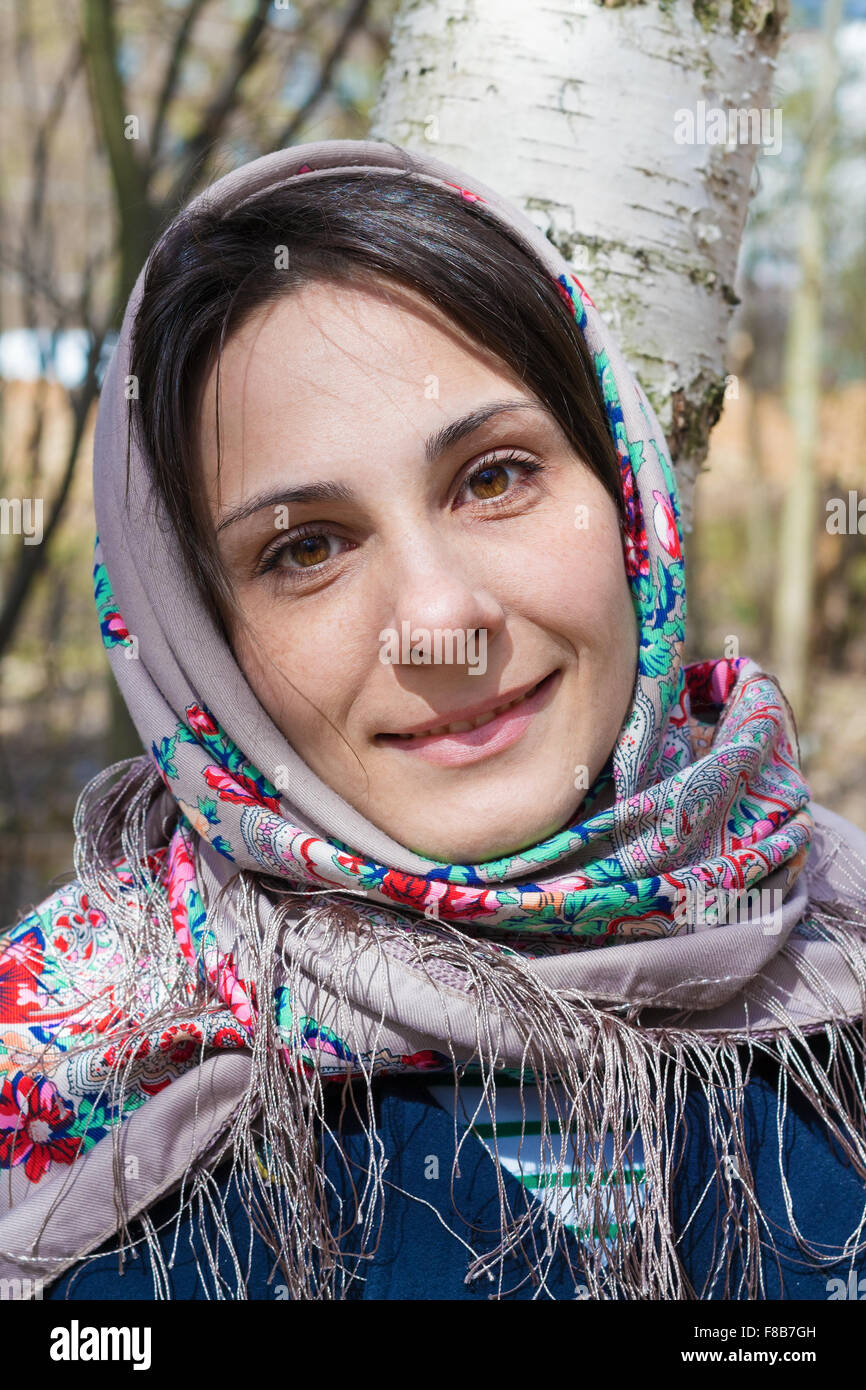Every nation, traditions, and religion has its own traditions and customs about what a marriage should seem like because it is an important function bosnian brides. The Balkan are no different, and when it comes to their wedding customs, they have some very intriguing ones. This article will discuss some of these distinctive Balkan marriage customs that might be for preserving and honoring.
Weddings are typically seen as celebrations of love, a few getting married, and starting over in lifestyle. They were a special occasion that brought collectively two individuals and an entire neighborhood in the past, though, and they were much more than that. They were a crucial part of our lives because of this.
Once the bride and groom were formally engaged, the preparation for a ceremony had begin. They would spend months sewing and embroidering garments, linens, and cloths for the family members with their friends. Additionally, they created unique accessories for the cathedral. The bride-to-be and her associates would browse each household whose associates were expected to attend the wedding ceremony during the majority of the dental offers.
There were certain beliefs that had to be followed when it was day for the wife to insert the vicar’s house. For instance, in some Bulgarian regions, it was customary for godparents to suspend a particular emblem at the bride’s home after thoroughly discarding it to protect the newlyweds from bad magic and evil influences. The symbol was sewn with red or green threads and hung at both the groom and bride homes.
There may be additional superstitions as well, depending on the area. For instance, in Montenegro, the honeymooners were required to move over a carpet that had been covered in knives because this was supposed to guarantee that they would have kids. Additionally, it was common practice in Kosovo for the bride to kiss mister off of her mother-in-law’s forearm. This was intended to keep the two’s interactions calm and to guarantee their happiness and success.

There would be a lot of dancers and wild enjoyment following the civil and religious meeting. Rakia was a popular beverage used to toast the happiness of marriage. And even though celebrations these days are more about the couple than the celebration and sipping, they are nevertheless a happy occasion for everyone who attends.
RFE/RL is an independent, non-profit media organization that delivers news and information to communities in 27 countries where free and responsible journalism is under threat. We report on local stories that mainstream media ignores, and offer a platform for underrepresented voices. RFE/RL’s journalists provide unbiased and informed reporting on a wide range of issues in countries where government-controlled or state-owned media cannot. You can help support our work by making a donation today. Click here for more information.

